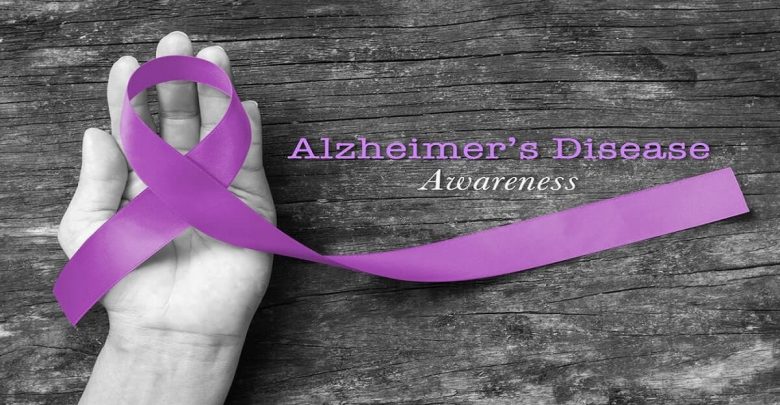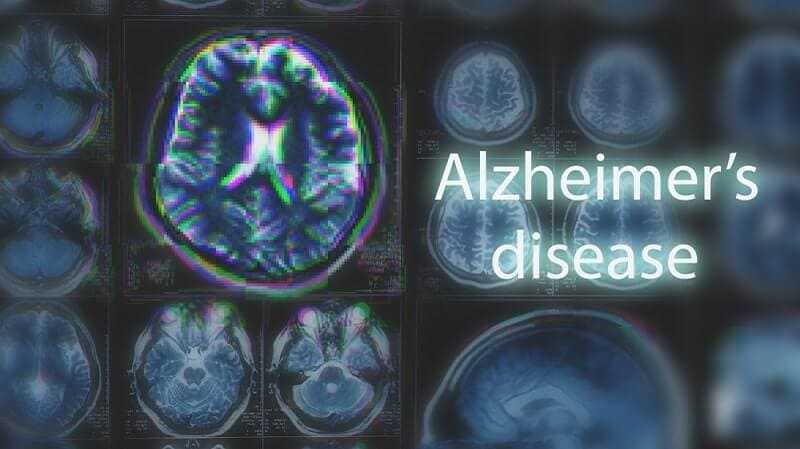10 Effective Recommendations Against Alzheimer’s

If you can’t plan your work, miss business meetings, have trouble with daily money calculations, if you are confused about the ways you go, or even if you can’t cook your own meals, be careful; you could be the beginning of Alzheimer’s!
If such complaints start knocking on your door, be sure to contact a neurologist. Alzheimer’s disease, which is more common today with an extended life span, is a chronic cerebral vascular disease that begins slowly and worsens over time.
The most common early-stage symptom of Alzheimer’s in patients admitted to hospital with a complaint of forgetfulness is difficulty remembering recent events. When the disease progresses, complaints such as speech problems, adaptation to the environment, impaired emotion, difficulty in motivation, and impaired personal care are added. Here are 10 effective recommendations against Alzheimer’s that we have researched for you!
1. Don’t Forget to Dream
Keep the events you are curious about and your desire to learn constantly alive. Activities such as reading books, solving puzzles, acquiring hobbies, engaging in regular social activities, meeting new people, and trying to learn a new language keep brain function alive. Do a lot of research, think, and don’t forget to dream.
2. Exercise
Experimental studies, each day, regular exercise is good for the brain, creating new neural connections in your brain to produce new brain cells-provided starting time-delayed or even prevented reveals that enhances thinking skills and Alzheimer’s. In addition, exercise also helps control diseases such as cholesterol and diabetes, which pose a risk for Alzheimer’s disease. For this reason, be sure to move during the day, take great care of regular and brisk walking for at least 45 minutes every day. Don’t end the day without sports.
3. Get Away From Ready-To-Eat Foods
The habit of eating healthy in the hustle and bustle of everyday life has become a luxury. Because of time constraints, we eat ready meals, which disrupt our metabolism. Give up your fast food habit, stay away from fatty, salty, fried, and ready-to-eat foods. Because such eating habits significantly increase the risk of Alzheimer’s disease by damaging the brain and heart vessels. Foods consisting of cardiovascular-friendly foods, olive oil, fish, fruits, and vegetables protect against Alzheimer’s disease.
4. Consume Dark Chocolate
Resveratrol, which is found in dark chocolate and has antioxidant properties, delays cognitive decline. Studies also show that consuming one or two pieces of dark chocolate a day reduces mental decline, provided that it is not overdone.
5. Manage Stress
When your body is under stress, it produces hormones called corticosteroids that protect you in a state of depression. But the constant state of tension triggered by everyday events, such as business problems, traffic, and monetary concerns, can be dangerous. This condition destroys brain cells over time and suppresses the formation of new cells. For this reason, try to cope with stress, don’t give in to stress.
6. Fight Extra Pounds
A result of research points out that body weight is directly proportional to the risk of Alzheimer’s. The obese are more at risk. For this reason, if you have excess weight according to body mass index, be sure to be treated and try to achieve your ideal body weight. Getting rid of excess weight is also very important for brain health.
7. Don’t Sleep With A Night Light
A night of quality sleep has a vital role to play in strengthening memory. 6-8 hours of regular sleep benefits in maintaining memory. Inadequate sleep increases amyloid plaque formation, which is linked to Alzheimer’s and contributes significantly to preserving brain health.
8. Avoid Alcohol and Cigarettes
Studies show that excessive alcohol and cigarette use pose a risk of Alzheimer’s later in life. Alcohol and cigarette consumption causes the brain to shrink, especially the part of the hippocampus related to memory.
9. Control Metabolic Diseases
In Alzheimer’s, diseases such as diabetes, hypothyroidism, and hypertension, such as cardiovascular diseases and brain vascular diseases, also appear to be risk factors. For this reason, all these risk factors need to be controlled, and treatment should be followed.
10. Take B12 and Folic Acid Support If Necessary
Studies of vitamins and minerals haven’t found consistent evidence of the effect of vitamins on forgetfulness, and there is only a significant association between folic acid and vitamin B12 deficiency and decreased cognitive function. For this reason, it is helpful to take B12 and folic acid supplements if necessary with the recommendation of a doctor.





